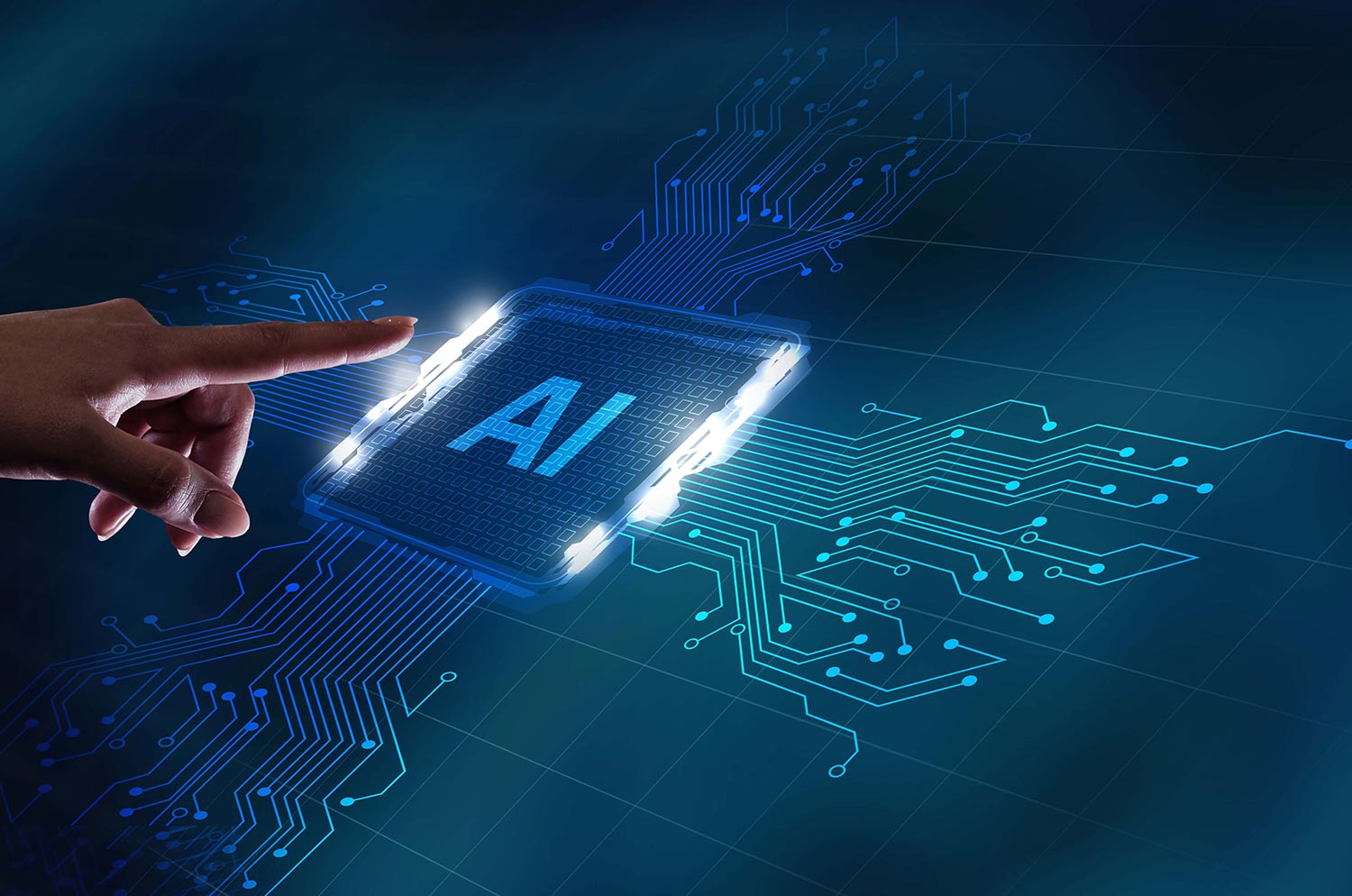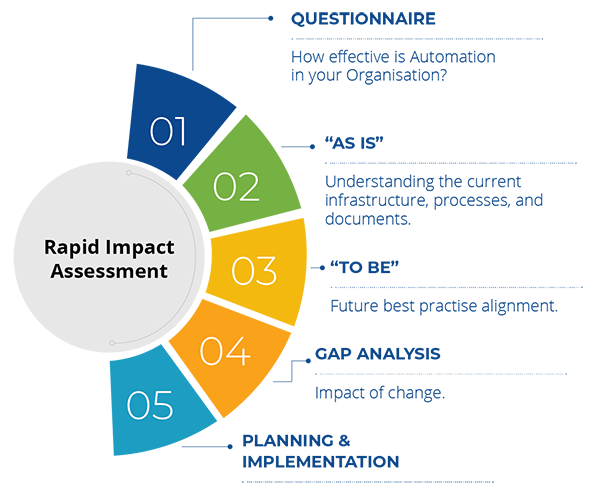
AI and The Future of Work

That Artificial Intelligence (AI) will radically transform the future of work is an agreed truth, but how it is implemented will separate the victors from the vanquished.
For more than a quarter of a century the fundamental drivers of economic growth have been technological innovations.
General-purpose innovations have literally transformed nearly all industries and the lives we lead. These include innovations such as the steam engine, electricity and the internal combustion engine – all of which have transformed the world as we know it.
As for our digital era, the most important general-purpose technology is artificial intelligence – in particular, machine learning (ML). In layman’s terms, machine learning pertains to a machine’s ability to keep improving its performance without the need for human supervision or involvement.
Firms use ML today to perform trade execution, drive recommendations, risk and pricing, data centre cooling and order dispatching, to name a few.
Amazon, for instance, is getting to the stage that its prediction accuracy is good enough to start profitably shipping (as opposed to merely recommending) goods to consumers that it thinks they (the consumers) want. Amazon has created the ability for consumers to shop in the comfort of their own home, and return anything they don’t need or want.
The investment in AI by large companies is massive, with strategies being as broad as “close your eyes, imagine your company of the future and turn the dial”.
Companies that wait to implement AI may never catch up.
The fast-follower IT strategies of the past will not work with AI, as there will not be a generic fit all, instead your knowledge domain will require re-architecting, your organisation will require restructuring, and your solutions will require time to learn.
It is my view that late adopters will not catch up, as there are too many facets and complexities. Ultimately, the winners will take all.
Adopting AI is also a requirement today, with the craziness of starting multiple projects across the organisation resulting in certain failure without some form of effective intelligent intervention.
The practices laid out in our blog article “Digital Transformation: Learn from the graveyards and rubbish heaps of past projects” have massive relevance. The other significant point to understand, is that your data model must be ready for AI. Feeding AI with different types of data sources will entangle you in complexity of the sort that will deliver zero business benefit.
Your data will be the foundation of your AI initiatives and will need to be centralised in your organisation. This will bring with it many more challenges, as the technologies of the past have created massive data silos, which will need to be centralised. This centralisation will require new skills, and have big risk and compliance issues. You will need:
- One strategy
- A clear data architecture
- The right capabilities
- An agile focus
- Multidisciplinary governance
With these in hand, you’ll be in a position to tackle some business problems, structure your team, reimagine business as usual, understand organisational change and wait for a domino effect.




